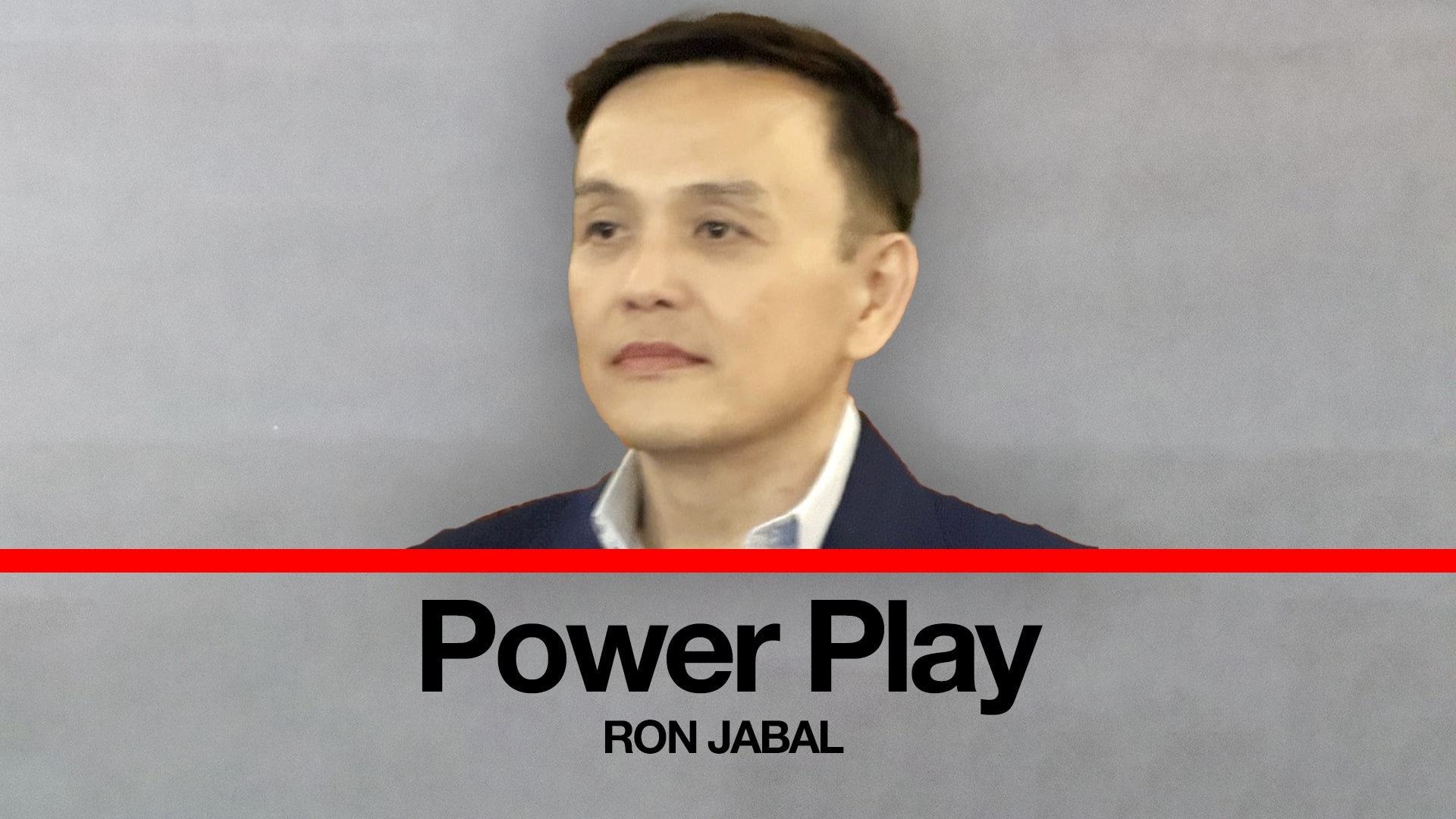In Manila’s favorite political theater, the flood-control scandal has delivered its biggest plot twist yet: contractors Pacifico and Sarah Discaya walked into the Senate and alleged that at least 17 congressmen and some DPWH officials demanded roughly 25% kickbacks on flood-control projects. They say they kept records i.e. dates, venues, who met whom but, citing safety, presented no documentary proof in the televised hearing. Still, the shockwaves were immediate: public fury, a Cabinet resignation, and vows from the Palace to create an independent commission.
The political response followed a familiar script. House Speaker Martin Romualdez, along with Congressman Zaldy Co, explicitly named by the Discayas, strongly denied the accusations and branded it malicious name-dropping meant to smear them and the institution they lead. Other lawmakers likewise issued blanket denials and threatened legal action. Denial is a right; but so is public skepticism when denials arrive faster than evidentiary checks can be made.
Set those denials against the broader pattern already flagged by government and media probes: massive allocations to flood control in recent years, substandard or ghost projects, and a puzzling concentration of contracts among a small circle of firms. These are sufficient anomalies for the President to suspend biddings, demand resignations, and speak of the rot in unusually moral terms. If true, this is not petty leakage but industrial-scale extraction from disaster mitigation itself.
Inside the House, some lawmakers grasp the reputational abyss. Rep. Chel Diokno moved to require members of the infrastructure panels to fully disclose any financial, business, or pecuniary interests that could be affected by the probe: an essential floor for credibility, not a ceiling. The House leadership has since said sworn conflict-of-interest statements will be required. Good. But disclosure is not deterrence; it is merely daylight.
Rep. Leila de Lima puts the legitimacy crisis plainly: is it wise or proper for the House of Representatives to investigate itself when reports already hint some members may be the very subjects of the inquiry? Where potential respondents sit at the dais as inquisitors, conflict of interest is not theoretical: it is live, and it stains the proceedings before a single oath is administered. Her call for an independent body mirrors public sentiment: when referees are also players, the sport appears fixed.
The Discayas are imperfect messengers: their conspicuous wealth, multiple linked companies, and shifting accounts have drawn scrutiny, and several contractors told senators under oath that they did not pay bribes. One of the Discayas also maintained that no senator solicited money after bid wins. These details do not exculpate everyone else; they do, however, underscore that allegations must be tested hard without fear or favor.
But even before the Discaya bombshell, Senator Panfilo “Ping” Lacson had already mapped the rot in a privilege speech: the “pie-sharing” of flood-control money where “politician proponents” allegedly corner a quarter of the take, i.e., 25%, second only to implementation costs. That picture has since become the scandal’s North Star: the “usual suspects” (DPWH and contractors) are in the dock, but the largest political beneficiaries remain obscured in the gallery.
This is the elephant in the hearing room: Congress is both investigator and a prime suspect. It is a courtroom where denials ring louder than evidence, where insertions flourish behind the curtain even as lawmakers perform outrage in the spotlight. Credibility collapses the moment people conclude the hearings are designed less to establish facts than to launder legitimacy.
What would an honest process look like?
- Independent Commission with Prosecutorial Teeth. Announce a time-bound, transparent body with subpoena power, protected witnesses, and mandatory public reporting.
- Full Recusal & Disclosure. Any lawmaker with direct or indirect ties to flood-control contractors or projects should recuse from hearings and file detailed beneficial-ownership disclosures verifiable against SEC, COA, and DPWH data.
- Forensic Contract Audit. Start with the “Top 15” contractors that captured a disproportionately large share of budgets; publish bid histories, site inspections, and as-built validations; suspend and blacklist where warranted.
- Whistleblower Protection & Reward. Demanding paper trails without offering safety guarantees is an invitation to silence.
- Asset Recovery & Public Restitution. Kickbacks must be clawed back. Every peso stolen from flood control is a farm submerged, a school shuttered, a family displaced.
We can argue about the Discayas’ motives and credibility, and we should. We can note, precisely and fairly, the categorical denials of those named, and we must. But the larger indictment is systemic and predates any single witness: billions poured into flood control with too many duds, too many “ghosts,” and too few consequences. In such a system, letting Congress “investigate” itself is not accountability. It is ritual. And rituals do not stop floods.









